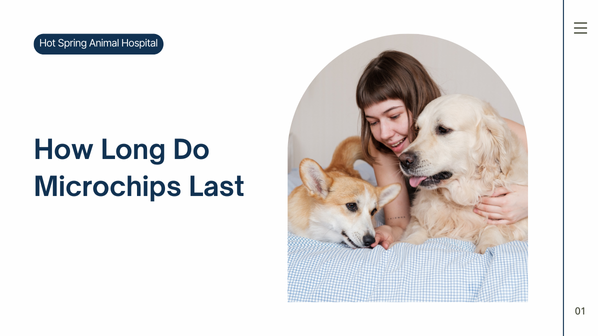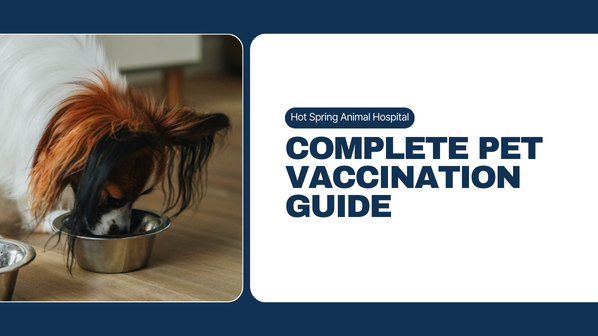Share This Article
Key Takeaways
- Recognize unusual symptoms early: vomiting, tremors, drooling, or weak limbs.
- Many everyday items – plants, meds, foods, pose serious poisoning risks to pets.
- Time matters: some toxins act immediately, others take hours or days.
- Do not induce vomiting unless specifically directed by a veterinarian.
- Bring any suspected toxin container or photo when you call the vet.
- Keep hazardous items secure and pet-proof your home to prevent poisoning.
Pet poisoning isn’t something any of us want to face, but it happens way more often than you might think.
Dogs and cats are curious, so they’ll chew a plant leaf, swipe a bite of human food, or poke around the bathroom trash before you know it.
Some of those everyday things can send your pet into a full-blown emergency. When it comes to poisoning, every minute matters. That’s why spotting symptoms of pet poisoning quickly, and knowing what to do, is so important.
Through this blog post, we will understand the causes and symptoms of pet poisoning, what to do if your pet is poisoned and who to reach out to as an emergency vet for poisoned pet. Let’s get started.
Common Causes of Pet Poisoning
Here are the most frequent sources of pet poisoning we see:
What Foods are Poisonous to Dogs & Cats?
- Chocolate (all types, but especially dark or baking chocolate)
- Grapes and raisins
- Onions, garlic, or foods containing them
- Xylitol (a sugar substitute in gum, candy, some nut butters)
- Alcohol, caffeine, fatty table scraps
Household and Garden Plants
- Lilies (extremely toxic to cats. Even licking pollen is risky)
- Sago palm (especially the seeds)
- Poinsettia (irritating, and sometimes causes mouth or stomach upset)
- Certain outdoor mushrooms
Medications and Chemicals
- Human painkillers (ibuprofen, acetaminophen)
- Prescription drugs (antidepressants, ADHD meds. Just a single pill can be life-threatening)
- Antifreeze, bleach, and cleaning sprays
- Laundry pods and dish tablets
Rodenticides and Outdoor Products
- Rat and mouse poisons (pets find them by smell)
- Slug and snail bait
- Lawn treatments and fertilizers
We always recommend pet-proofing your home. For example, store foods, meds, and chemicals strictly out of reach. And if you suspect something is off, immediately checking out reliable pet medical services is the way to go.
You might also want to read – Why Dental Hygiene is Important for Pets
Signs & Symptoms to Watch For
According to peer-reviewed veterinary research analyzing over 1,600 toxic exposure cases in dogs and cats, the most commonly reported symptoms include vomiting, drooling, seizures, weakness, and difficulty breathing
Trust your gut if you notice anything unusual for your pet. Here’s a broad list of what to look out for:
Digestive Symptoms
- Sudden vomiting (sometimes with blood)
- Diarrhea (may be streaked or black)
- Drooling or foaming at the mouth
- Loss of appetite
Neurological Changes
- Muscle tremors or shaking
- Seizures (mild or severe)
- Confusion, disorientation, or acting spaced out
- Unsteady or “drunk” walking
Breathing Issues
- Rapid or very slow breathing
- Wheezing, coughing, or trouble catching breath
- Pale or blue-tinged gums
Other Warning Signs
- Lethargy or sudden weakness
- Collapse or difficulty rising
- Extra thirst or peeing more than normal
- Bleeding from mouth, nose, or in urine/stool
- Burns or sores in the mouth
Keep an eye out for anything that just feels “off” for your pet. Better safe than sorry.
With all this, we need to answer another very important question: how fast does pet poisoning show symptoms?
In general, the time for pet poisoning symptoms to appear will very by toxin. Some poisons cause symptoms within 30 minutes, while others, like chocolate or rodenticides, may take several hours to several days to show signs.
It is important that you watch closely after any suspected exposure and contact your vet immediately.
You might also want to read – How Often Should You Visit a Veterinarian?
What to Do if You Suspect Poisoning
Here’s how to act right away if you think your pet might have been poisoned:
- Stay calm since your pet will take cues from you.
- Move your pet away from the suspected toxin. Remove any remaining food, plant, or chemical they may have gotten into.
- Do not attempt home remedies (such as making your pet vomit) unless one of our vets tells you. It can sometimes make things worse.
- If possible, bring a sample or photo of what your pet ate or touched, and the packaging or label.
- Call Animal Hospital Murrieta immediately. Let us know what happened, when, and what signs you’ve noticed.
Your clear and fast communication helps our team provide the right care as soon as you arrive.
You might also want to read – What to Do If Your Pet Eats Something Toxic?
When to Call Hot Springs Animal Hospital
If you see any signs listed above, or if you simply suspect your pet got into something, then call us right away at (951) 600-0830. Our emergency team is always ready to help. Don’t wait for things to get worse. You know your pet best, so trust your instincts.
For more details or directions, visit our emergency care page on our website. Our experienced staff is here to guide you from the moment you call until your pet is safely back home.
FAQs
Share This Article

Written by : Hot Springs Animal Hospital
Hot Springs Animal Hospital is dedicated to providing exceptional veterinary care in Murrieta, CA. Our experienced team is passionate about keeping pets healthy through preventive care, advanced treatments, and compassionate service. We proudly serve pet parents with a full range of veterinary services to ensure every pet lives a long, happy life.
All Categories
Related Articles
February 19, 2026
February 19, 2026



